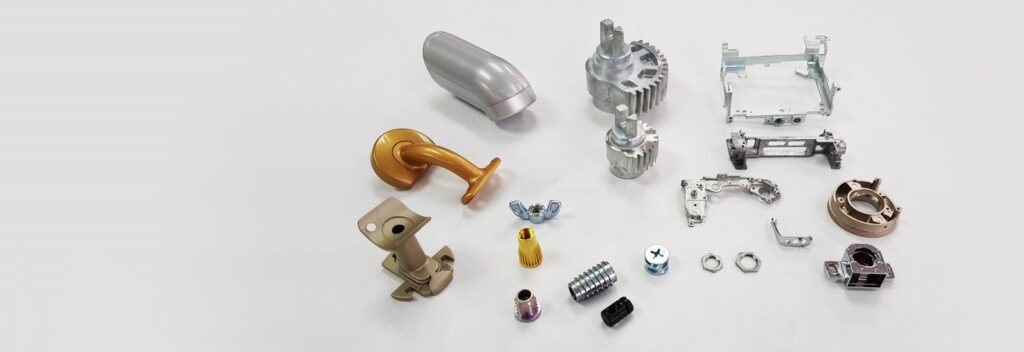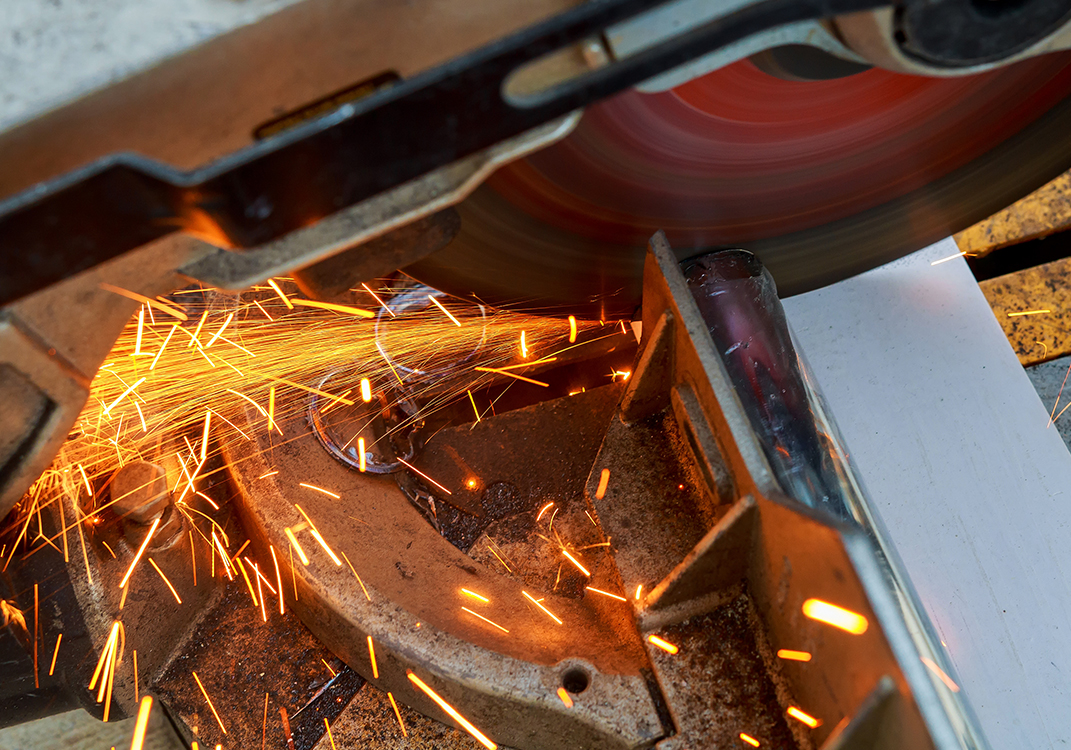Die Casting in Malaysia: A Growing Hub for Precision Manufacturing
BusinessDie casting is now an essential part of Malaysia’s manufacturing sector, playing a crucial role in producing high-quality metal parts for all sectors. This advanced manufacturing process involves injecting molten metal into a mold at high pressure. This allows for the production of accurate and robust parts, with no finishing work required. In the past, Malaysia has emerged as the leading player in die casting that is attracting local as well as international companies looking for reliable and cost-effective production options. Thanks to its location in the middle of Asia as well as a highly developed infrastructure and skilled workforce, Malaysia continues to strengthen its standing as the leading manufacturer of die casting. The country’s ability to meet the ever-growing demand from around the world for precision-engineered components has led to it becoming a top choice for industries that require high-end cast-metal solutions.
Technological advancements in Malaysia’s die casting manufacturing industry have greatly contributed to its development and increased competitiveness. Many manufacturers have adopted the automation process as well as computers-aided design (CAD) systems to enhance precision and efficiency when it comes to production. Robots and artificial intelligence are being implemented into production facilities to reduce human error while increasing overall efficiency. In addition, businesses are investing in sustainable die casting practices like recycling products and efficient processes that minimize environmental impact. The innovations do not just improve product quality but also align with global standards, making Malaysian die casting firms more attractive to international clients. By pursuing continuous effort to research and develop, Malaysia is set to stay at the top of technology for die casting in the years ahead.
One of the main industries that benefit from Malaysia’s die casting capabilities is that of the automotive sector. Automotive manufacturers rely heavily on die-cast aluminum as well as zinc for components to create lightweight but durable vehicle components. Die-casting engine blocks, transmission housings and other structural parts contribute to the vehicle’s performance as well as fuel efficiency which is why they are essential to modern car manufacturing. The shift toward electric vehicles (EVs) have further boosted the need for precise die-cast parts, as automakers require lighter materials in order to maximize battery efficiency and overall vehicle weight. Malaysian die casting companies have responded to the changes by upgrading their facilities and employing modern casting techniques to meet requirements of an ever-changing automobile industry.

Alongside the automobile manufacturing industry, Malaysia’s die-cast sector plays a crucial part in electronic and consumer goods industries. Electronics manufacturing requires precise-engineered die-cast components for various applications, including smartphones, laptops, as well as home appliances. They provide structural stability as well as a light and compact look, an essential feature to modern electronic gadgets. Malaysia’s status as an important electronics manufacturing hub is resulting in an increased demand for components made of die casting, driving further growth in the industry. Additionally, consumer goods manufacturers gain from die-casting in making high-quality metal components for kitchenware, household appliances and power tools. The versatility of die casting permits the creation of high-quality and long-lasting parts that improve the quality of products as well as functionality. For more information please visit here https://www.senadiecasting.com.my/
Despite the positive growth prospects of the die casting industry in Malaysia, it faces several challenges which require strategic approaches. Variable costs for raw materials, such as zinc, aluminum, and magnesium, can influence production costs as well as profits. Furthermore there is competition from other manufacturing powerhouses including China and India is putting the pressure on Malaysian companies to keep their market share. To remain competitive, firms need to focus on developing as well as quality control and customer support, making sure that their products are in line with global industry standards. Support from the government through grants for research and development, workforce training programs, as well as tax incentives, can assist in boosting the sector. If these issues are addressed in a proactive manner, Malaysia can continue to grow its die casting industry and also attract investment from international companies.
The future of die casting in Malaysia looks promising, driven by the technological advances and rising demand for high-end precision-engineered parts. The use of Industry 4.0 technologies, including machine learning, data analytics and IoT-based monitoring systems will increase productivity and speed up production. Sustainability is also a major focus for manufacturers, as they begin making changes to their practices that are eco-friendly in order to be more aligned with international environmental standards. In the meantime, as Malaysia is continuing to establish itself as an industry leader in the field of precision manufacturing and die casting, the industry plays a key function in the supply of high-quality components to a wide range of industries across the globe. In the spirit of quality and innovation, Malaysia is set to remain a dominant force in the global die casting market for years to in the future.
